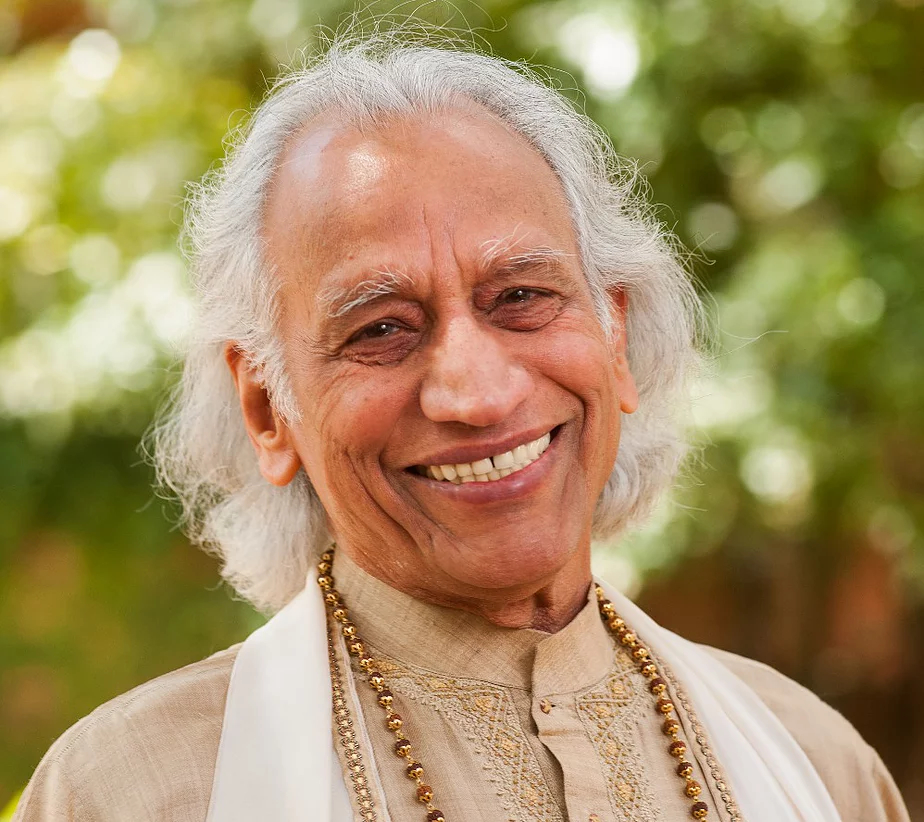 By definition, sentimentality is action and thought colored by emotion rather than reason. It appears to be rational, yet is confined by personal conditioning by the past. Reason is then rooted to a person’s conditioning, rather than to reality. Therefore all perceptions of reality are conditioned by acquired dualistic perceptions. Adapted reasons simply justify personal, emotional attachments and fears.
By definition, sentimentality is action and thought colored by emotion rather than reason. It appears to be rational, yet is confined by personal conditioning by the past. Reason is then rooted to a person’s conditioning, rather than to reality. Therefore all perceptions of reality are conditioned by acquired dualistic perceptions. Adapted reasons simply justify personal, emotional attachments and fears.
As a result of living in a dualistic, separative consciousness, no matter how idealistic and whole a person appears to others, their belief systems are conditioned by an internal personal split. Emotional people have a tendency to become passionate and fanatic about what they believe since their belief is rooted in the past, rather than in reality and the source of integration found within. While what they stand for appears to be idealistic and integrative, invariably, dualist conflict with non-believers is created, and war may be waged in the name of peace.
The root of emotional sentimentality arises out of expectations that represent personal fears, dependency and control issues. In short, sentimentality is the result of personal attachment and fear, and is self-centered. It manifests as judgment and emotional reactions based upon separative consciousness.
On the other hand, compassion is concern for the suffering of another with an inclination to provide support and mercy. It comes from one who has attained an integrated state of being whose perceptions are not colored by the dualistic personal likes and dislikes, attractions and repulsions. This person is capable of true caring that brings lasting peace and harmony.
Great masters such as Christ, Krishna and Buddha successfully resolved all their internal conflicts. They rose above their personal preferences, fears and addictions, and acted from the deepest level of integration from within that represents the true compassionate heart.
Quite often those who are activists for peace, environmental or civil rights haven’t yet learned to resolve their own inner conflicts. Their intimate relationships with spouses, family, friends or business partners, may be chaotic and stressful. So while they appear to be strong forces for peace and demonstrate what is called compassion for victims of war and calamity, they actually live in perpetual internal conflict with themselves and others. They are unable to come to resolution in harmonious ways. This is sentimentality rather than true compassion.